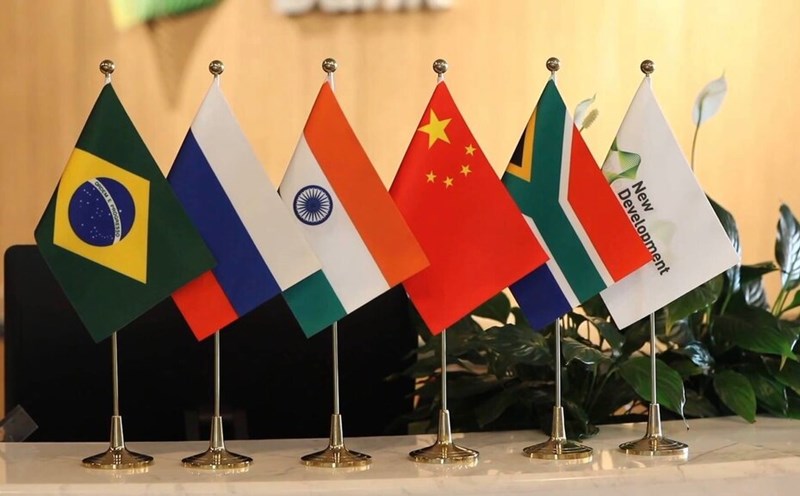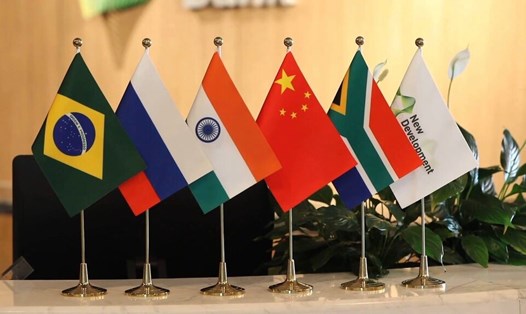Russia has received confirmation from a number of countries about its readiness to become BRICS partners, so these countries will be granted status from January 1, 2025.
Kremlin aide Yury Ushakov told reporters that one of the important outcomes of the BRICS summit in Kazan, Russia in October was the establishment of the BRICS partner group, with a list of 13 countries.
"Invitations have been sent to these countries. So far, there have been confirmations of readiness to become BRICS partner countries from Belarus, Bolivia, Indonesia, Kazakhstan, Cuba, Malaysia, Thailand, Uganda and Uzbekistan," he said.
"From January 1, 2025, these countries will officially have the status of BRICS partner countries," Kremlin assistant Yury Ushakov informed, expressing hope that in the near future, the remaining four countries will also soon respond to the invitation to become BRICS partners.
Eritrea (a country in East Africa) is also looking to cooperate with the BRICS group, Mr. Yury Ushakov added.
Representatives of BRICS partner countries will be invited to attend certain meetings at the BRICS summit and the bloc's foreign ministers' meetings.
“We also believe that it is right to invite our partners to meetings of senior security representatives, parliamentary forums and other events,” Yury Ushakov said.
The Kremlin aide affirmed that Russia has taken its role as BRICS chair seriously and has succeeded in helping new members integrate into the group.
According to TASS, Kremlin aide Yury Ushakov is the head of the organizing committee in charge of preparing and supporting Russia when it takes over the BRICS presidency in 2024. Brazil will take over this position from January 1, 2025.
"From the very beginning, we have attached great importance to the presidency. Building cooperation with BRICS countries is one of Russia's foreign policy priorities," he stressed.
The special feature of Russia's BRICS presidency is to support the bloc's work in a new, more expanded form, "to ensure the group's new members are harmoniously compatible with the bloc's agreements and usual ways of interaction".
"Practice shows that we and our partners have handled this task well," Kremlin aide Yury Ushakov said.










